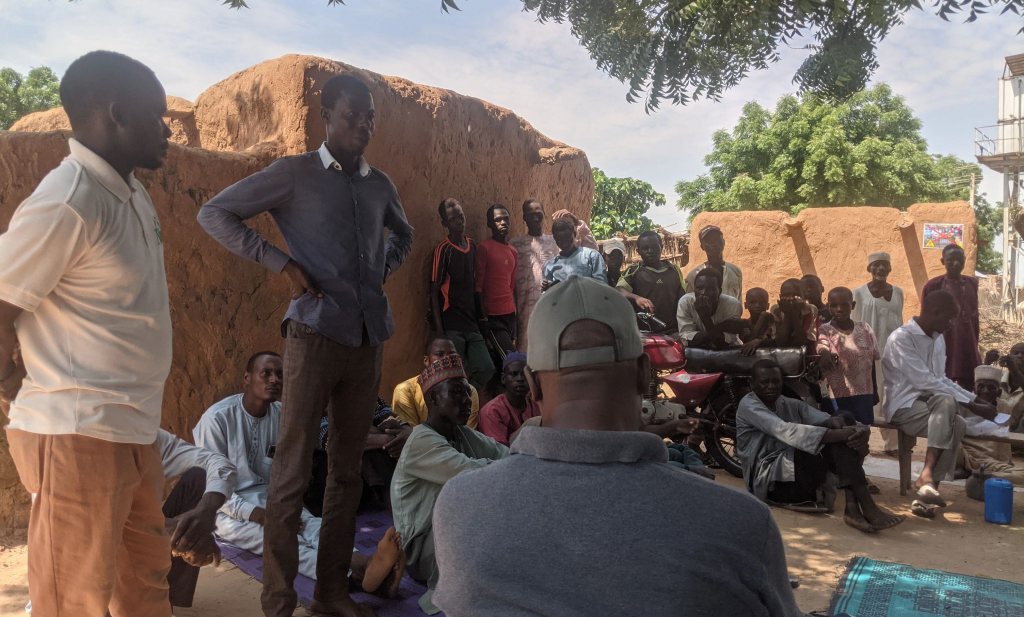Farmers are risk takers; from choosing the appropriate seeds to plant, to depending solely on rainfall (as majority of smallholder farmers in developing countries depend on rainfall as a source of irrigation), to managing pest issues, to carrying out post harvest activities to marketing farm produce to get maximum revenue amongst others.
Every activity involves a specific level of risks and if it crystallizes, farmers lose a portion of their investment and sometimes, they could lose total investment especially in the case of flooding or prolonged dry spells (and this is a more frequent occurrence due to increased impact of climate change). Sadly, only few farmers have the required knowledge to manage risks at the various levels, and this has contributed to the huge losses experienced over the years, which affect food production negatively.
At farm level, there are several risks that need to be managed effectively by the farmers; as this is the only way to minimize the total loss of investment. Thus, providing both the technical and practical knowledge for the farmers such as adopting sustainable practices and insurance cannot be overemphasized. In addition, developing various micro insurance products that can provide cushion effects in the situation of risk crystallization would not only protect investment of the farmers but also provide social safety for the farmers (livelihood sustenance). This would reduce the number of people that fall back into poverty in the cases of external shocks (war, flood, inflation etc).
Investment in knowledge sharing amongst service providers in the agricultural insurance businesses is very important in identifying learning points and areas of opportunities. Likewise, providing more sensitisation training for the farmers to embrace more sustainable practices in their farming operations and developing strategies to mitigate risks based on their local context would go a long way to help improve their productivity. We need more risk managers amongst the farmers in order to improve productivity at farm level, build more resilience for the farmers, and achieve food security in a timely manner.
At farm level, there are several risks that need to be managed effectively by the farmers; as this is the only way to minimize the total loss of investment. Thus, providing both the technical and practical knowledge for the farmers such as adopting sustainable practices and insurance cannot be overemphasized. In addition, developing various micro insurance products that can provide cushion effects in the situation of risk crystallization would not only protect investment of the farmers but also provide social safety for the farmers (livelihood sustenance). This would reduce the number of people that fall back into poverty in the cases of external shocks (war, flood, inflation etc).
Investment in knowledge sharing amongst service providers in the agricultural insurance businesses is very important in identifying learning points and areas of opportunities. Likewise, providing more sensitisation training for the farmers to embrace more sustainable practices in their farming operations and developing strategies to mitigate risks based on their local context would go a long way to help improve their productivity. We need more risk managers amongst the farmers in order to improve productivity at farm level, build more resilience for the farmers, and achieve food security in a timely manner.
Related



